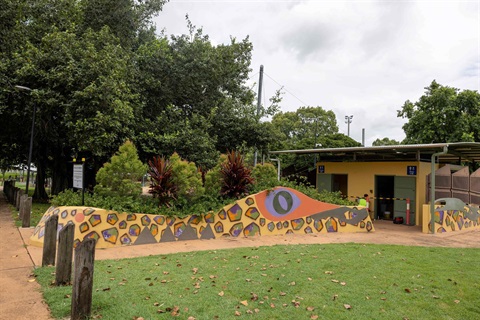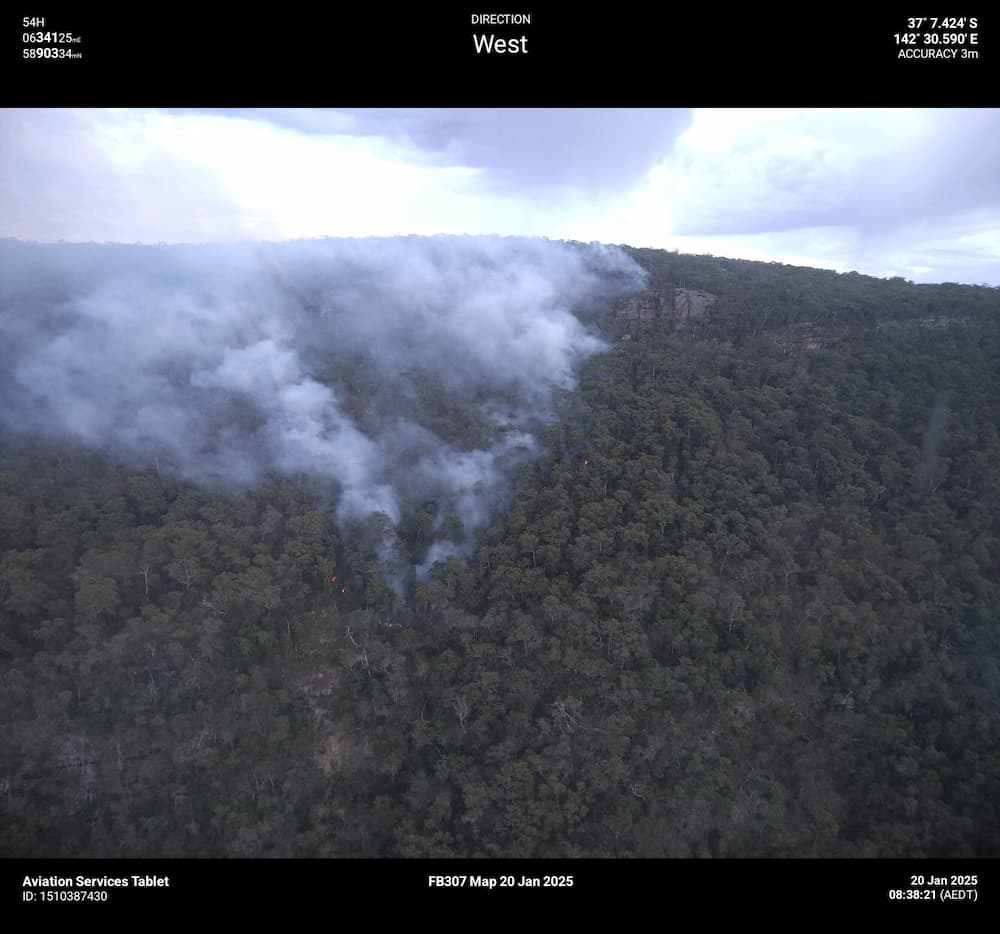Solomon Islands are known as ‘the Hapi Isle’. That happiness may lie somewhat in the strong family and community connections the residents have.
Did you know though, at the heart of some of those connections is the sport of volleyball?
That’s what the ADF Pacific Sports Branch found during its recent week-long courses in Honiara, which aimed to deliver diplomacy through sport in the Pacific Islands.
The training program was designed to increase sport capacity in the Pacific, with subjects including referee, coaching, sports trainer, first aid, and strength and conditioning accreditation.
Honiara local and participant in the program, Jeffrey Pasio, graduated with accreditation in volleyball coaching and refereeing. He explained why volleyball was so close to the hearts of Solomon Islanders.
“In the Solomons, football is the most common sport where everyone plays in the village. But for volleyball, it is a sport that involves everybody in the house,” Mr Pasio said.
“Father plays volleyball, mother, the children – they all play volleyball.
“So if you have equipment for volleyball in the community, you just put it out and everybody jumps in and plays.”
‘In the Solomons, football is the most common sport where everyone plays in the village. But for volleyball, it is a sport that involves everybody in the house.’
The training and accreditation came at the perfect time for Mr Pasio, who was appointed to head coach of the national men’s indoor volleyball team earlier this year. The squad is currently training for the Pacific mini-games in mid-2025.
He will use the skills and knowledge from the course to improve the local team, building confidence and respect for accredited referees in the Solomons in the meantime.
Head of ADF’s volleyball trainers, Lieutenant Tyson Nguyen, said coaching and officiating was a lifetime journey, including for those who delivered the program.
“Coaching is not a tick, I’m done. It’s a journey; a never-ending process,” Lieutenant Nguyen said.
“We’ve learnt how we should be coaching and how that pans out for the athletes, and pretty much how to get the best out of people.
“At the end of the day, everyone’s human. We’re all here to learn. Our common goal is volleyball and we can all talk about volleyball for days. So being able to interact with other like-minded people is really good.”
‘Most of the participants who came in for this program were very happy and felt very fortunate they’d been included or called to attend this program.’
Forming a strong bond with participants over the program, Lieutenant Nguyen hoped to get back to the Solomons in the future to deliver the program to more participants outside of the capital of Honiara, after witnessing some participants covering long distances to be a part of the training and to get involved in games.
“Some people are travelling days on boats and hours by feet – 10, 20 kilometres by foot to get here,” he said.
“So if we can make it more convenient for them, and spread the game, it would be great.”
It was an intense week for trainers, coaches and participants alike, with classroom and practical learning alongside shared sporting experiences.
Taking place at the Solomon Islands ³Ô¹ÏÍøÕ¾ Institute of Sport, the program delivered training in rugby league and rugby union as well as the volleyball crew, with backing from Volleyball Australia, the NRL and Rugby Australia.
It was an unmissable opportunity for those who took part.
“Most of the participants who came in for this program were very happy and felt very fortunate they’d been included or called to attend this program,” Mr Pasio said.
“Because in the Solomons most of the coaches, they just transition from being an athlete to coach without formal education in coaching or refereeing.
“So by being certified in this program, they’ll have the confidence and the respect from players and the teams.”







